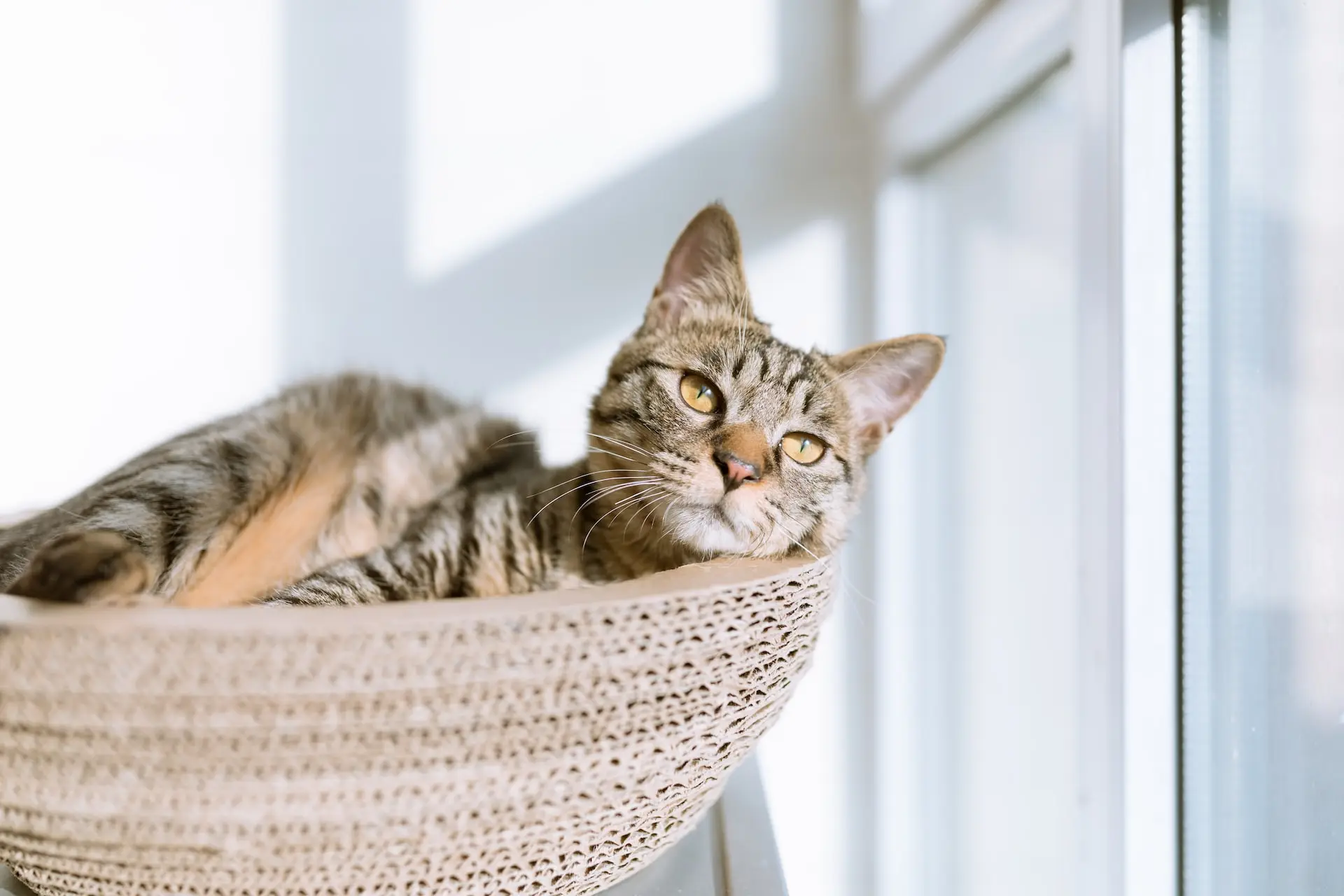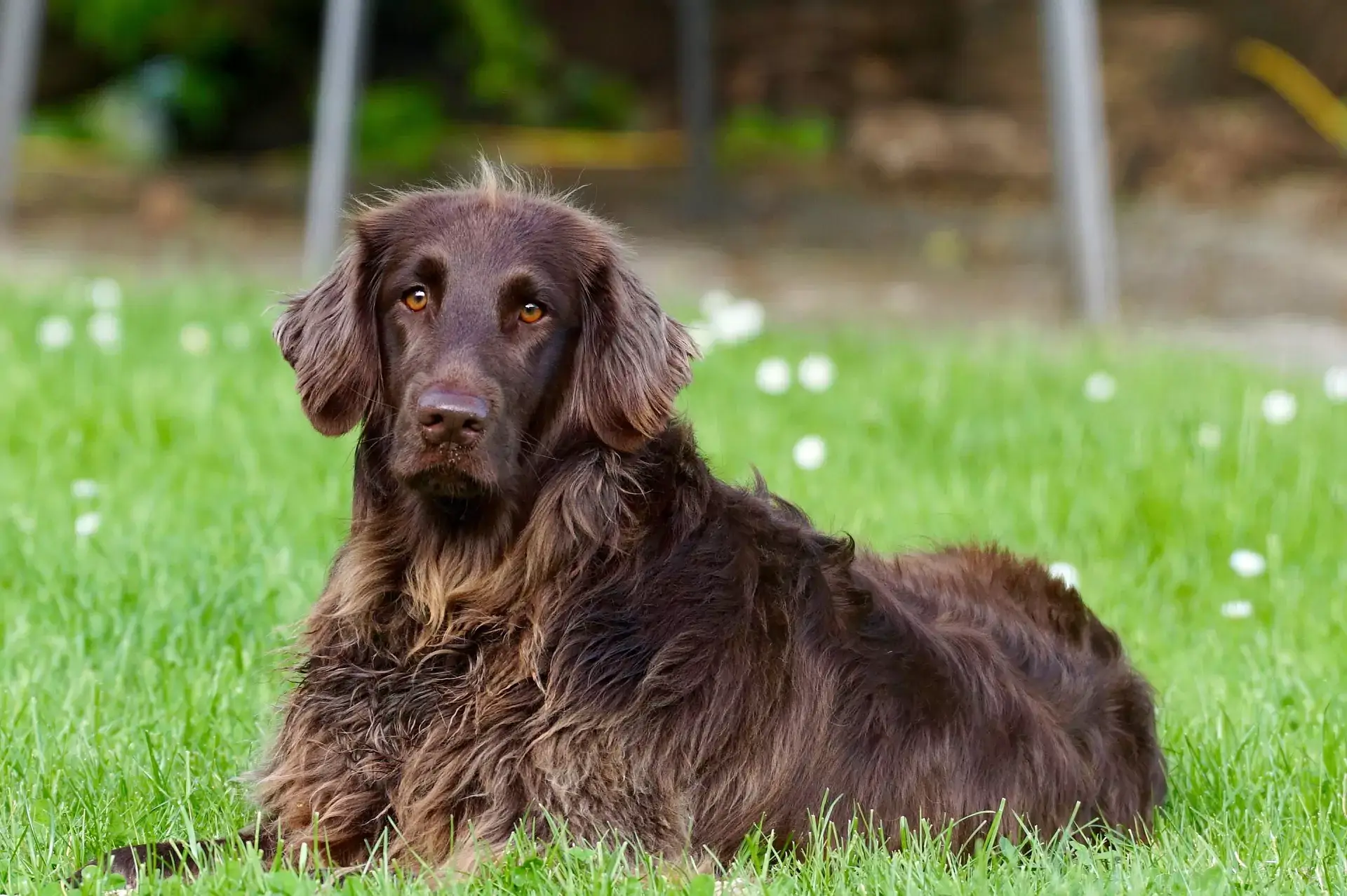Winter Pet Poisons
Wintertime is here! There are several common cold-weather substances that can prove toxic to our animal companions, both outdoors and inside the home. By being prepared ahead of time, you’ll keep your pet safe! Learn more below from an Aldershot, ON vet.
Pesticide Products
When it’s cold outside, small pests like insects and rodents might invade your home to seek warmth. Many of us use pesticide or rodenticide products to put a stop to the problem. Remember that these substances are, in fact, poisonous—they can easily harm your house pet! Try using pet-safe pesticides, or consider non-toxic alternative pest-control methods.
Antifreeze
Antifreeze keeps our car engines running when the temperatures drop, but it’s also a dangerous pet toxin. Many varieties of antifreeze are made with ethylene glycol, an alcoholic substance that can poison pets in small amounts. To make matters worse, antifreeze might even attract pets with its sweet smell and taste. Use antifreeze carefully, cleaning up any that spills onto your driveway or garage floor, and store the substance where pets can’t reach.
Ice Melt
Ice melt is another common sight during the wintertime that can prove harmful to a pet. Most ice melts are made of sodium chloride—otherwise known as salt—and it can cause upset stomach or skin irritation in small amounts. Large amounts can cause serious poisoning! When outdoors with your pet, avoid ice patches or other areas where ice melt has been sprinkled. Store the product carefully so that pets can’t gain access.
Medications
Once cold and flu season arrives, it’s important to remember that common human medicines aren’t safe for pets. NSAIDs, or non-steroidal anti-inflammatory drugs, are a particular danger: ingesting too much can cause a pet to experience reduced blood flow to the kidneys, damage to the intestinal wall, and worse. Keep your pet far away from painkillers like aspirin, as well as cough syrup, prescription pills, and other medications.
Winter Plants
Plants aren’t the first thing that comes to mind when thinking about wintertime toxins. Nonetheless, a variety of plants and flowers that thrive in the winter can hurt your companion! The list includes Amaryllis, Autumn crocus, lilies, daffodils, holly and mistletoe, certain aloe plants, and Christmas cactus. Don’t let your animal friend take a bite!
Would you like to learn more about winter pet toxins and how to keep your furry family member safe? Call your Aldershot, ON veterinarian.




